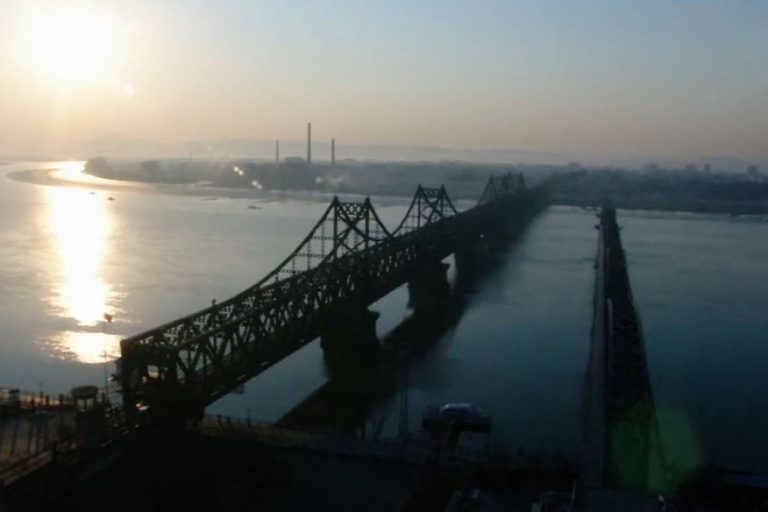◎ The trade restrictions include a complete ban on steel, industrial machinery and vehicles exports to North Korea, as well as limited exports of crude oil and petroleum.
On Jan. 5, China’s Ministry of Commerce announced that it would step up trade restrictions against North Korea as per the stringent United Nations sanctions issued in December.
The trade restrictions include a complete ban on steel, industrial machinery and vehicles exports to North Korea, as well as limited exports of crude oil and petroleum. China will also cease to import North Korean food and agricultural produce, chemicals, wood, machinery, and boats. The restrictions took effect from Jan. 6.
The backdrop:
1. Tensions on the Korean Peninsula have been high in 2017 with Pyongyang’s ballistic missile and nuclear weapons testing. In December, American commercial satellites spotted Chinese vessels transferring oil to North Korean ships. On Dec. 29, South Korea stopped and detained a Hong Kong-registered ship and its crew for violating UN sanctions by moving about 600 tons of refined petroleum products to a North Korean vessel.
2. On Jan. 2, the Washington Free Beacon published a “secret document” on North Korea by the Chinese Communist Party General Office. The document, which was purportedly issued on Sept. 15, pledged China’s military and economic aid to North Korea in exchange for Pyongyang halting its nuclear testing. The authenticity of the “secret document” is in doubt, but it gained the attention of many observers.
Our take: We believe that the Ministry of Commerce’s Jan. 5 announcement is an indirect response to the “secret document.” Through the statement, the Xi leadership can demonstrate its conviction to enforcing UN sanctions against North Korea and downplay suspicion about China’s commitment to rein in the Kim Jong Un regime.












